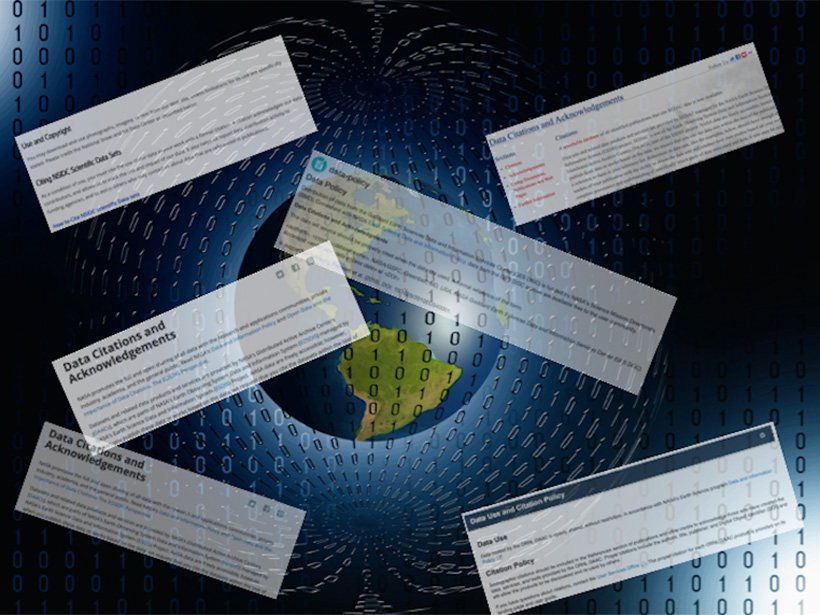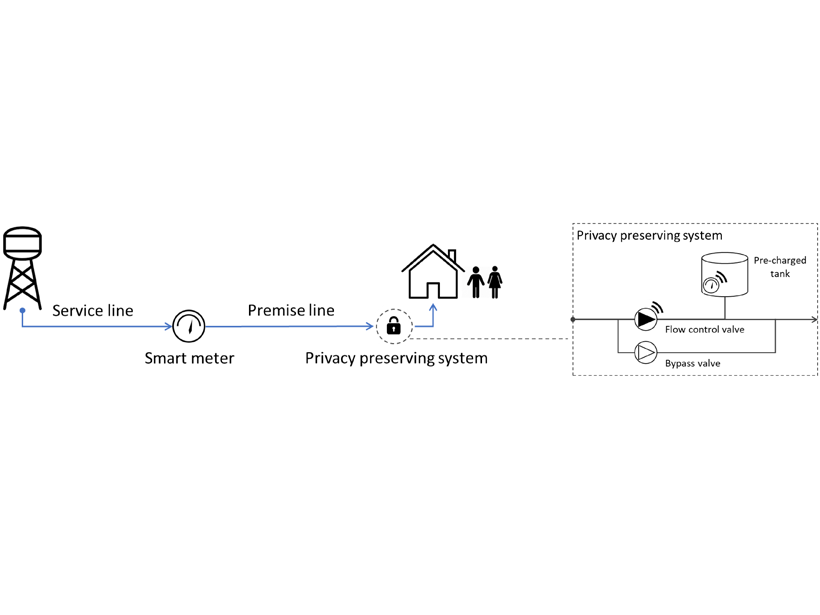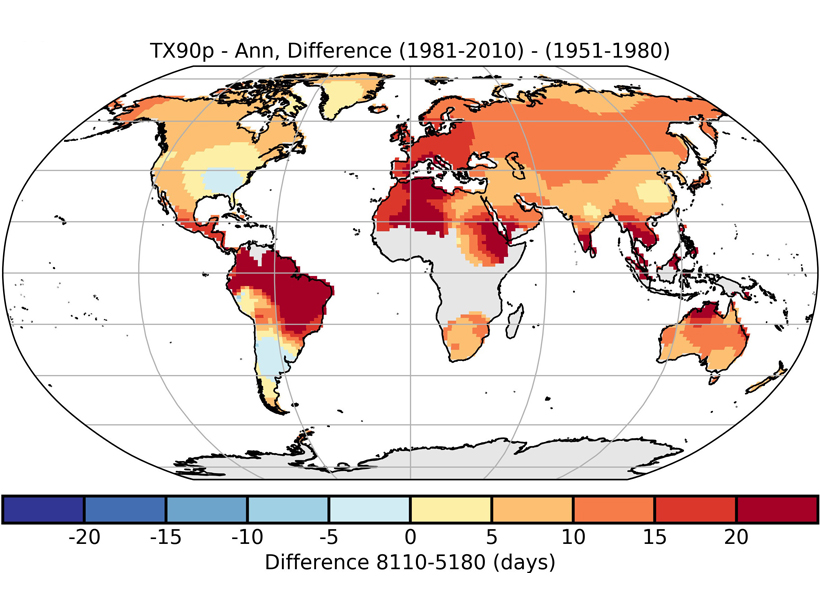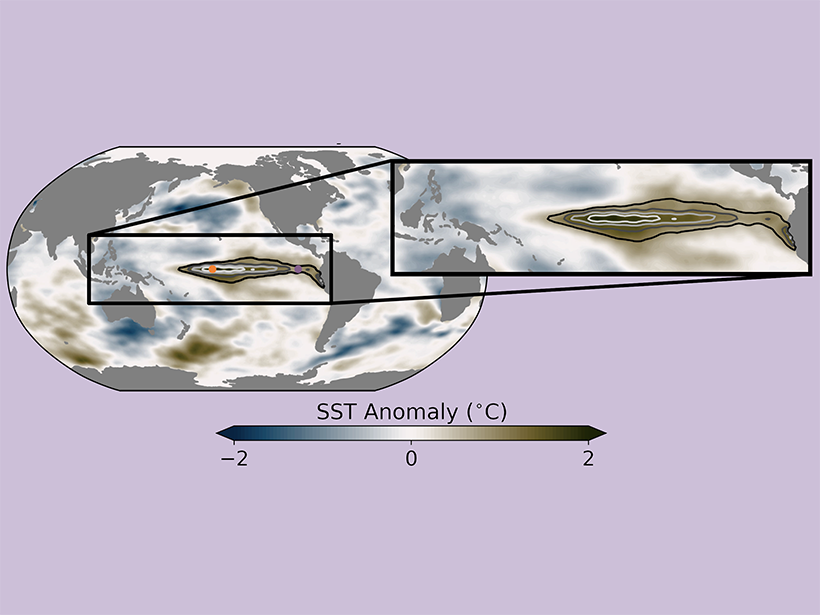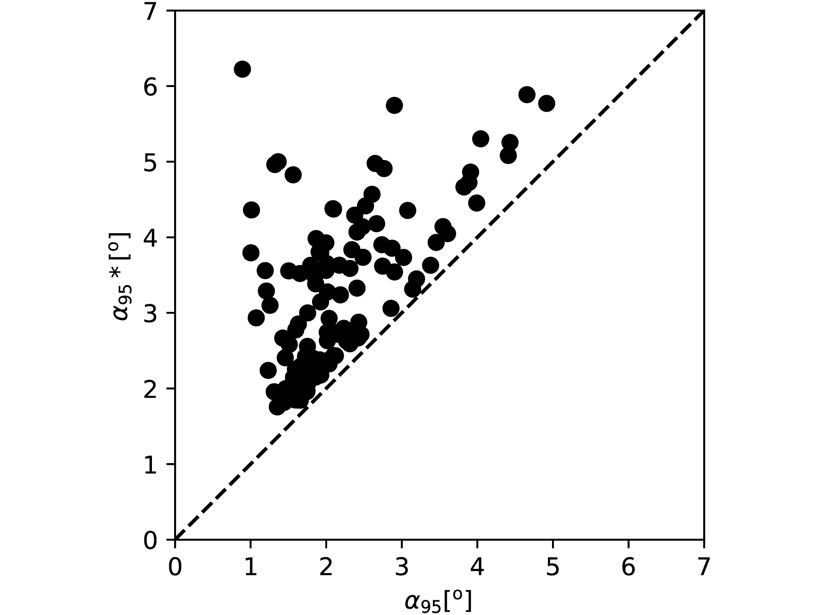Researchers made a “Google Maps” for global food systems. Could it help us tackle food’s thorniest problems?
data management
Australia’s Most Extreme Bushfire Season, Statistically Speaking
Researchers identified climatic and geomorphic risk factors that led to record-breaking fires across Australia during the 2019–2020 fire season.
Data Sets Are Foundational to Research. Why Don’t We Cite Them?
The lack of clear references to and descriptions of data sets in published literature limits the usefulness of data, as well as the reproducibility and credibility of scientific findings.
Advancing AI for Earth Science: A Data Systems Perspective
Tackling data challenges and incorporating physics into machine learning models will help unlock the potential of artificial intelligence to answer Earth science questions.
Tackling 21st Century Geoscience Problems with Machine Learning
A new cross-journal special collection invites contributions on how machine learning can be used for solid Earth observation, modeling and understanding.
Smart Water Metering Need Not Compromise People’s Privacy
Scientists have devised a way of preserving privacy for smart water metering users while also providing water suppliers with information they can use to improve the efficiency of water services.
A New Dataset of Temperature and Precipitation Extremes
HadEX3 is an updated dataset of gridded temperature and precipitation extremes, that covers the period of 1901 to 2018 and has improved spatio-temporal coverage.
Interpreting Neural Networks’ Reasoning
New methods that help researchers understand the decision-making processes of neural networks could make the machine learning tool more applicable for the geosciences.
The First Undeniable Climate Change Deaths
In 2018 in Japan, more than 1,000 people died during an unprecedented heat wave. In 2019, scientists proved it would have been impossible without global warming.
Uncertainty Propagation in Paleomagnetic Data Quantified
In classic paleomagnetic data processing uncertainties are calculated at a single level only, but there is now a more lucid way to include error propagation.



